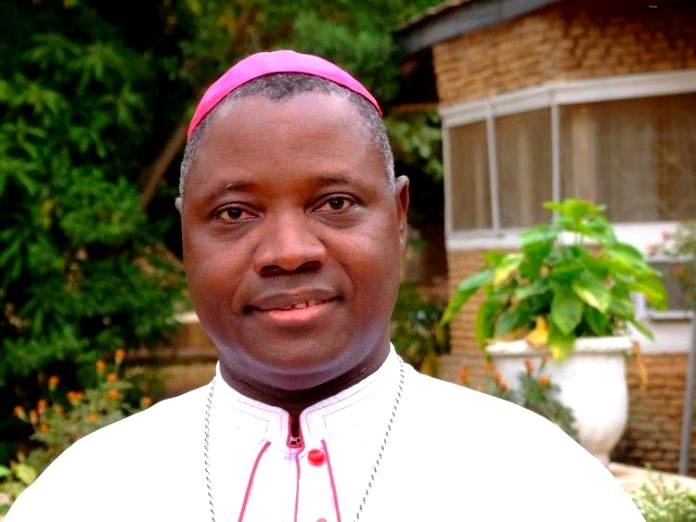Attorney General of the Federation and Minister of Justice, Mr Abubakar Malami has said that the National Assembly has no powers to summon President Muhammadu Buhari on insecurity in the country.
According him, “the National Assembly has no Constitutional Power to envisage or contemplate a situation where the President would be summoned by the National Assembly on operational use of the Armed Forces.”
Malami said this in a statement he signed Wednesday.
His assertion represents a blow to expectations that the president will appear before NASS.
Buhari’s aide, Lauretta Onochie had tweeted earlier in the week that Buhari will address a joint session of NASS Thursday.
After the House of Reps call, Speaker Femi Gbajabiami secured an agreement with Buhari on the date.
But Malami’s assertion indicates there may be a u-turn on the matter.
Read Malami’s statement below:
Buhari’s Summon: NASS Operates Outside Constitutional bounds
President Muhamamdu Buhari of the Federal Republic of Nigeria has recorded tremendous success in containing the hitherto incessant bombing, colossal killings, wanton destruction of lives and property that bedeviled the country before attaining the helm of affairs of the country in 2015.
The confidentiality of strategies employed by the President as the commander in Chief of the Armed Forces of the Federal Republic of Nigeria is not open for public exposore in view of security implications in probable undermining of the war against terror.
The fact that President Muhammadu Buhari was instrumental to the reclaiming of over 14 Local Governments previously controlled by the Boko Haram in North East is an open secret, the strategies for such achievement are not open for public expose.
While condoling the bereaved and sympathizing with the victims of the associated insecurity in the country, Attorney-General of the Federation and Minister of Justice, Abubakar Malami, SAN maintained that national security is not about publicity and the nation’s security architecture cannot be exposed for the sake of getting publicity.
He said Mr. President has enjoyed Constitutional privileges attached to the Office of the President including exclusivity and confidentiality investiture in security operational matters, which remains sacrosanct.
Malami added that the National Assembly has no Constitutional Power to envisage or contemplate a situation where the President would be summoned by the National Assembly on operational use of the Armed Forces.
The right of the President to engage the National Assembly and appear before it is inherently discretionary in the President and not at the behest of the National Assembly.
The management and control of the security sector is exclusively vested in the President by Section 218 (1) of the Constitution as the Commander in Chief of the Armed Forces including the power to determine the operational use of the Armed Forces. An invitation that seeks to put the operational use of the Armed Forces to a public interrogation is indeed taking the constitutional rights of law making beyond bounds.
As the Commander in Chief, the President has exclusivity on security and has confidentiality over security. These powers and rights he does not share. So, by summoning the President on National Security operational Matters, the House of Representative operated outside constitutional bounds. President’s exclusivity of constitutional confidentiality investiture within the context of the constitution remains sacrosanct.
*Abubakar Malami, SAN*
Attorney General of the Federation and Minister of Justice)
9th December, 2020.




